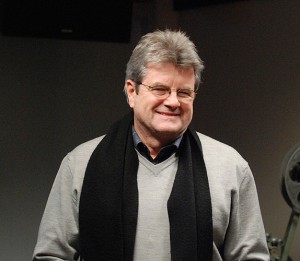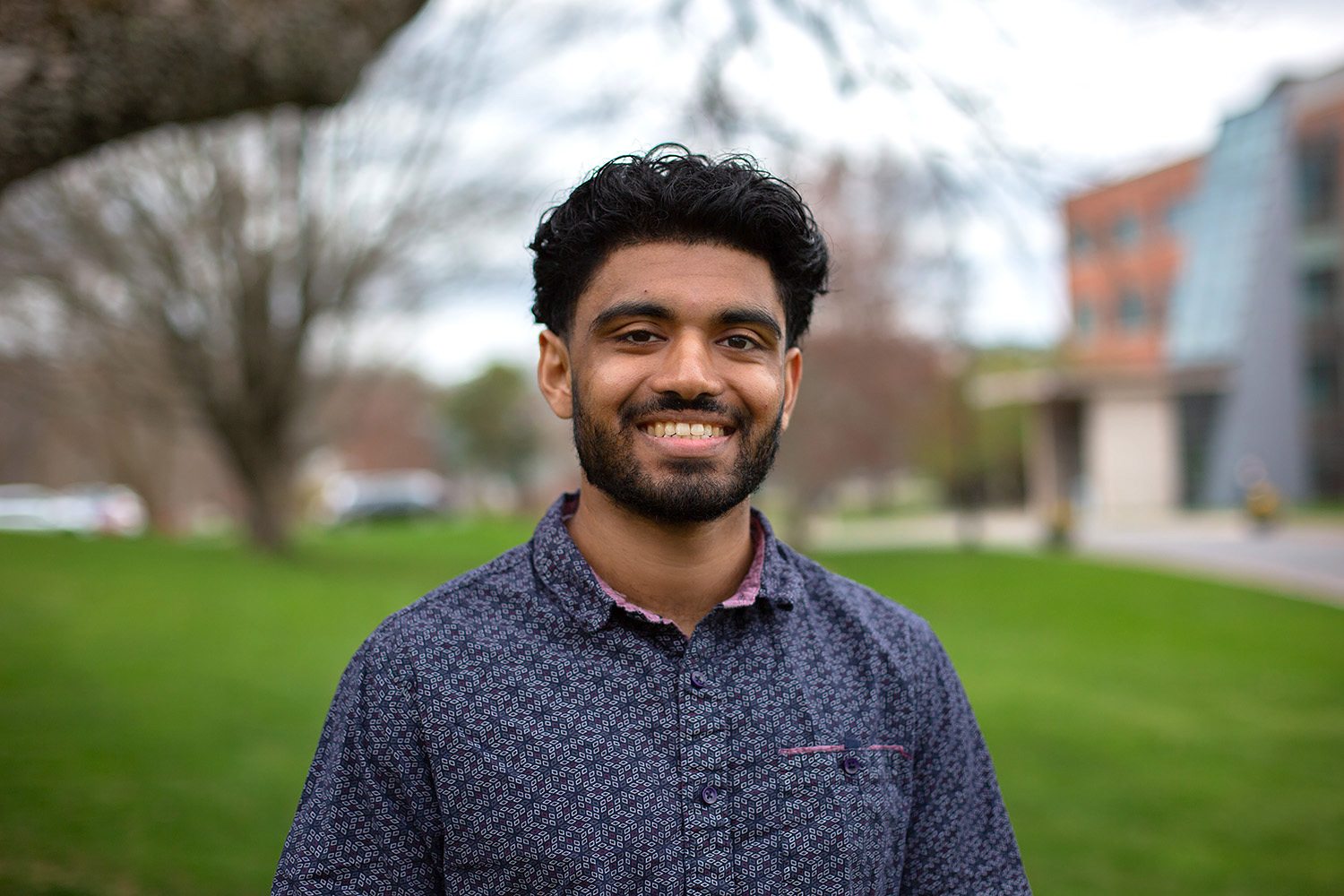
Chances are most people have not heard of Dan Carlin ’76 M.A., but they have probably heard his work.
For 25 years, Carlin was CEO of Segue Music, one of the largest and most successful music post-production businesses in Hollywood history, which he co-founded in 1976 with his father, noted music editor Dan Carlin Sr. He is now chair of the Film Scoring Department at Berklee College of Music in Boston, the only school to offer an undergraduate degree in film scoring. He is also chair emeritus of the National Academy of Recording Arts and Sciences, best known for giving the Grammy Awards.
His many credits as a conductor, music producer, consultant, supervisor, or editor include working on music for films such as “The Black Stallion,” “Sister Act,” “The Last of The Mohicans,” and “A Civil Action.” In 1986, he won an Emmy award for music editing on the television movie “Under Siege,” and he was also nominated for an Emmy for his work as music director on the 1988 television miniseries, “The Temptations.”
“The music editor is the one person in the movie who’s with the music from the very beginning to the very end,” says Carlin. “Where the music editor leaves off and the supervisor picks up is sometimes blurred.”
As a music supervisor, Carlin put together budgets, hired composers and musicians, and chose songs for independent films. As a music editor, he provided the primary technical support for the composer, including creating the temporary music used in early screenings of a movie and editing songs to fit select scenes.
Carlin’s career in the music business was not planned. After a stint in the Air Force, he took advantage of the G.I. Bill and earned a bachelor’s degree in anthropology, with a minor in linguistics, from San José State University. From there, he accepted a teaching fellowship at UConn and earned a master’s degree in anthropology. After conducting field research in northeast China, Carlin passed his Ph.D. examinations in economic anthropology at UConn. While preparing his thesis, he learned that the Chinese government had misrepresented the data he used in his paper. “At that point, I had two choices: start over or move on,” he says. Move on he did, intending to “temporarily” join his father in building a film-music business, which subsequently led to his award-winning career.
Today at Berklee, he is focused on expanding the curriculum, staff, and technical facilities to better prepare students for the rapidly changing entertainment industry. “It’s really fun and inspiring to be around so many talented students and faculty,” he says. “Musicians are the coolest cats in the world.”


